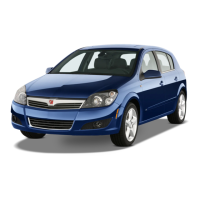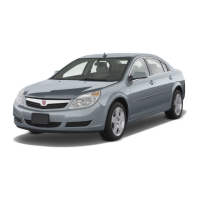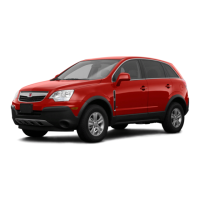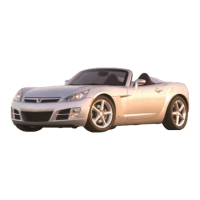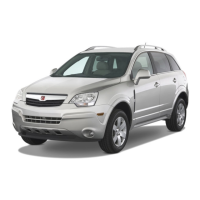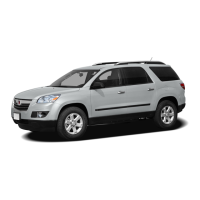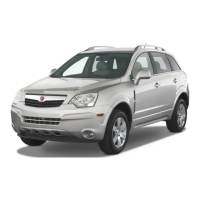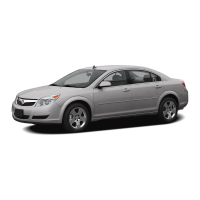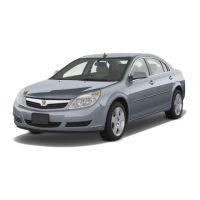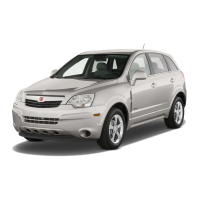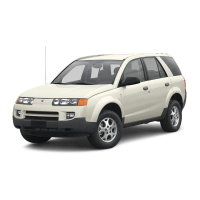{ CAUTION
To reduce the risk of neck and
head injury during a crash,
infants need complete support.
This is because an infant’s neck
is not fully developed and its
head weighs so much compared
with the rest of its body. In a
crash, an infant in a rear-facing
child restraint settles into the
restraint, so the crash forces
can be distributed across the
strongest part of an infant’s
body, the back and shoulders.
Infants should always be
secured in rear-facing child
restraints.
{ CAUTION
A young child’s hip bones are
still so small that the vehicle’s
regular safety belt may not
remain low on the hip bones,
as it should. Instead, it may
settle up around the child’s
abdomen. In a crash, the belt
would apply force on a body
area that is unprotected by
any bony structure. This alone
could cause serious or fatal
injuries. To reduce the risk
of serious or fatal injuries
during a crash, young children
should always be secured in
appropriate child restraints.
Child Restraint Systems
A rear-facing infant seat (A) provides
restraint with the seating surface
against the back of the infant.
The harness system holds the infant
in place and, in a crash, acts to keep
the infant positioned in the restraint.
(A) Rear-Facing Infant Seat
Seats and Restraints 1-41
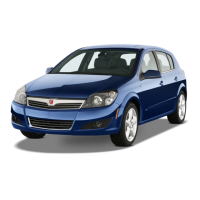
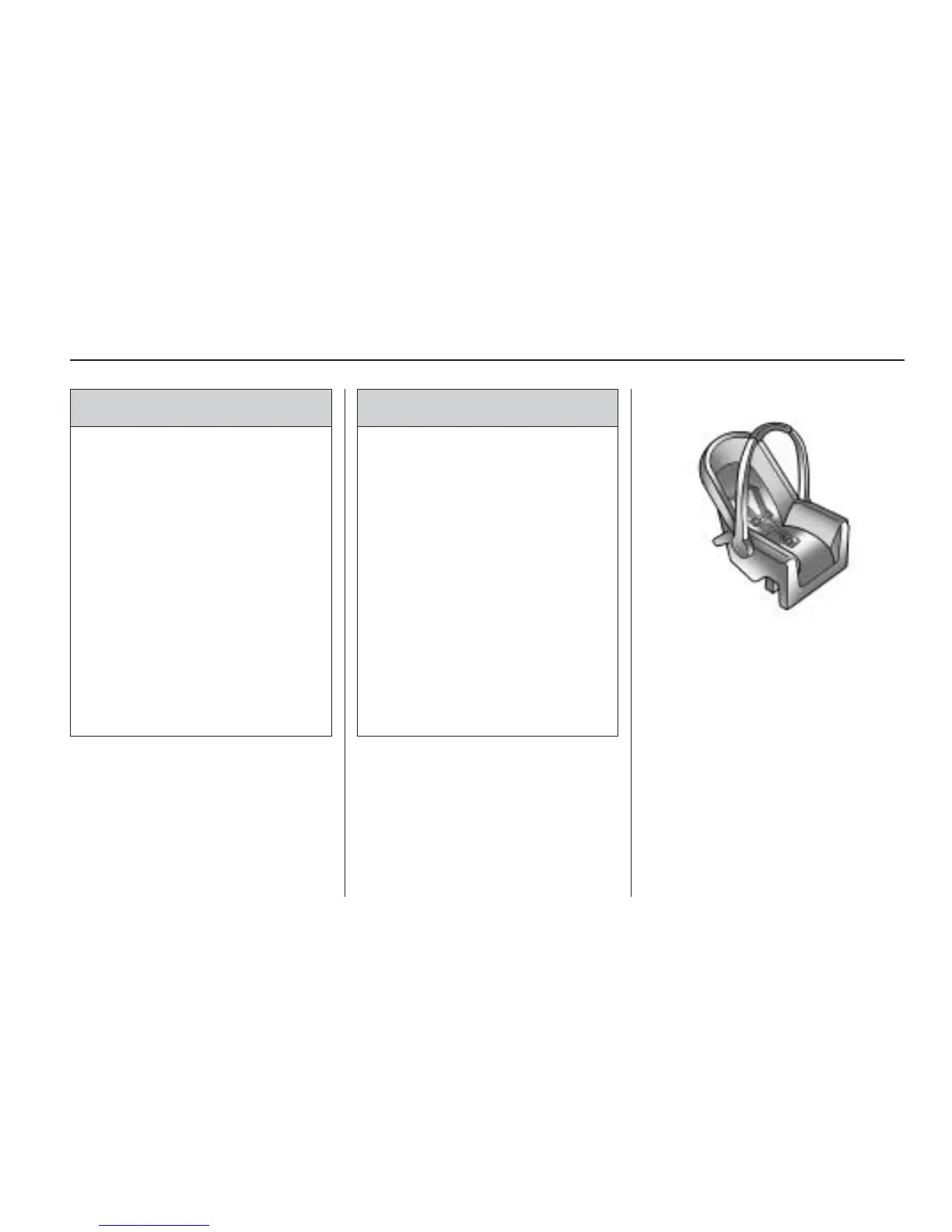